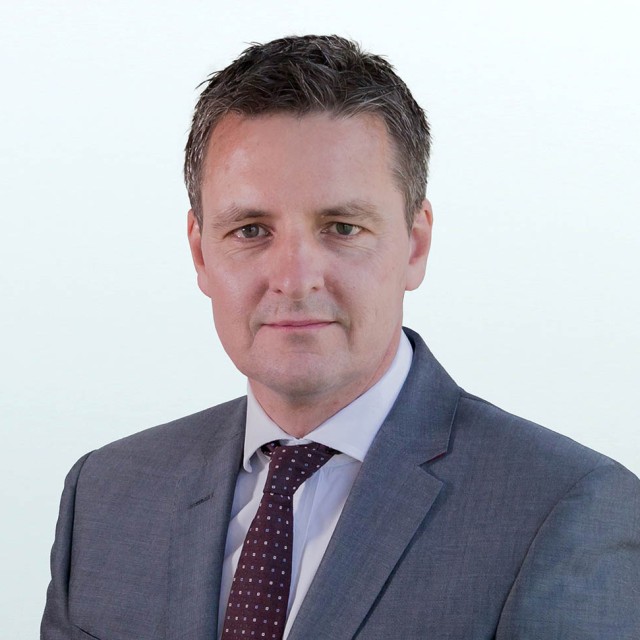In the recent case of Aderounmu v Colvin [2021] EWHC 2293 (QB), Master Cook provided an important reminder about the approach taken in relation to the preparation of joint expert reports - in particular on the question of agendas for joint discussion.
He expressed concern about lawyer involvement in the preparation of the joint psychiatric and neuropsychological reports.
In relation to the report of Drs Dilley/Wright (psychiatry) the learned Master said:
- Dr Dilley and Dr Wright produced a joint statement dated 22 December 2020. Unfortunately this is an overly lawyered document comprising 34 questions, many of which had numerous sub clauses and in places descended into cross-examination. This is not helpful to the court. A joint statement should aid the understanding of key issues and each expert's position on those issues. I will return to this subject in the context of the neuropsychologists’ joint reports. …
On the joint neuropsychology report, he made the following observations:
- The joint statement dated 14 January 2021 suffered from the same vice as that of the psychiatrists, it is an overlong, overly lawyered document which asked many questions which were nothing more than a cross-examination of the experts on their respective approaches or attempts to advance the arguments on behalf the parties' respective positions. Of the 41 questions posed only about 2 where (sic) of assistance to me in understanding the issues on which the experts agreed, the issues on which they disagreed and the reasons for their disagreement.
- Parties should resist the approach that has been taken in this case, a joint statement by experts pursuant to CPR 35.12 is for the benefit of the court and should not be a proving ground for the parties' respective cases. Written questions should be put to experts under CPR 35.6 within 28 days of the service of an expert’s report.
CPR guidance
The Practice Direction to Part 35 contains a number of important provisions including the following:
- Expert evidence should be the independent product of the expert uninfluenced by the pressures of litigation (PD 2.1).
- Experts should assist the court by providing objective, unbiased opinions on matters within their expertise, and should not assume the role of an advocate (PD 2.2).
- Unless directed by the court discussions between experts are not mandatory. Parties must consider, with their experts, at an early stage, whether there is likely to be any useful purpose in holding an experts’ discussion and, if so, when (PD 9.1).
- Where the experts are to meet, the parties must discuss and if possible agree whether an agenda is necessary, and if so attempt to agree one that helps the experts to focus on the issues which need to be discussed. The agenda must not be in the form of leading questions or hostile in tone (PD 9.1).
Practice Points
- All too often there is an assumption that there needs to be joint discussion of experts. The parties should consider whether there is such a need, especially if there is no significant issue between respective experts or any such difference is unlikely to materially affect the outcome of the case.
- In the event that joint statements are required, the experts should generally be left to produce the joint statement without interference from lawyers.
- The production of Part 35 questions or discussion agendas for joint meetings that are in the words of Master Cook “overly lawyered” should be resisted. For example, in chronic pain or subtle brain injury litigation there is regrettable tendency for lengthy multiple questions or agenda items that constitute cross-examination rather than clarification.
- There is a misconception that the first draft of a joint statement should be prepared by the expert instructed by the claimant. There is nothing in the CPR to this effect and the task of drafting is one for agreement between the experts.
- The surprising practice of some experts who prepare a draft joint report prior to the discussion presupposes the outcome of discussion and should be avoided.
- Costs for Part 35 questions or preparation of agendas for discussions should only be in included in cost budgets in exceptional circumstances. In the vast majority of personal injury claims, they are not required.
- The sanctity of the joint report must be respected. Once the experts have entered the confessional box of the joint discussion, the lawyers should not communicate with them on matters of substance until white smoke emerges from the discussion chimney.
Ultimately, the aim of the parties should be to narrow the issues in dispute and assist the court in isolating genuine differences upon which adjudication may be required. This will achieve proportionality and a significant saving on costs and court time.
For more information, please contact Jamie McCabe.

